U.N. Sustainable Development Goal Number-11
 One day we’ll all be flying electric cars and living in solar-powered homes, but we’re not quite there yet. In fact, only half of the world’s urban population even has convenient access to public transit, much less a flying or self-driving car. And in recent years, air pollution causes at least 4.2 million premature deaths. So what’s the deal? We’re in 2021–where’s the solar power? The wind turbines? SDG 11 asks this question and many more, striving to make cities and human settlements inclusive, safe, resilient and sustainable.
One day we’ll all be flying electric cars and living in solar-powered homes, but we’re not quite there yet. In fact, only half of the world’s urban population even has convenient access to public transit, much less a flying or self-driving car. And in recent years, air pollution causes at least 4.2 million premature deaths. So what’s the deal? We’re in 2021–where’s the solar power? The wind turbines? SDG 11 asks this question and many more, striving to make cities and human settlements inclusive, safe, resilient and sustainable.
As the world becomes increasingly urbanized, according to the UN there is a “growing number of slum dwellers, inadequate and overburdened infrastructure and services (such as waste collection and water and sanitation systems, roads and transport).” Although cities only occupy 3 percent of the Earth’s land, they account for most of the world’s energy consumption and carbon emissions! Sustainable and thoughtful urban planning is crucial for a better tomorrow. As we move forward, we must press for functional public transport networks, increased recreational spaces that improve overall health and wellbeing, and inclusive, sustainable housing.
Throughout COVID-19, faulty urban planning was readily apparent. With many people often confined to very small spaces, transmission of the disease was rampant. Proper urban planning is a large driver of pandemic prevention and resilient communities. With access to clear water, improved sanitation, durable housing and sufficient living space, all people would have improved health and wellbeing. Again, we see that SDG 11, like all other SDGs, is interconnected with so many other issues. With better cities, we have cleaner water, better health, greater inclusivity and equality, transportation to employment opportunities, the list goes on and on…
As we rebuild our cities, let us focus on “proven holistic and people-centered approaches to slum upgrading and community empowerment”, “training program[s] for local, regional and nation government officials” of disaster preparation and resilience, “inclusive and gender-responsive governance”, and increased “urban-level data collection” as instructed by the United Nations and various sustainable organizations from around the world. We might not be flying our solar powered cars any time soon, but taking the initiative to improve our urban planning is a good place to start.
Jim Claffey is the Congregation of the Mission’s NGO representative to the United Nations and writes about issues at the U.N. pertinent to the C.M., including the U.N.’s 17 “Sustainable Development Goals.”
